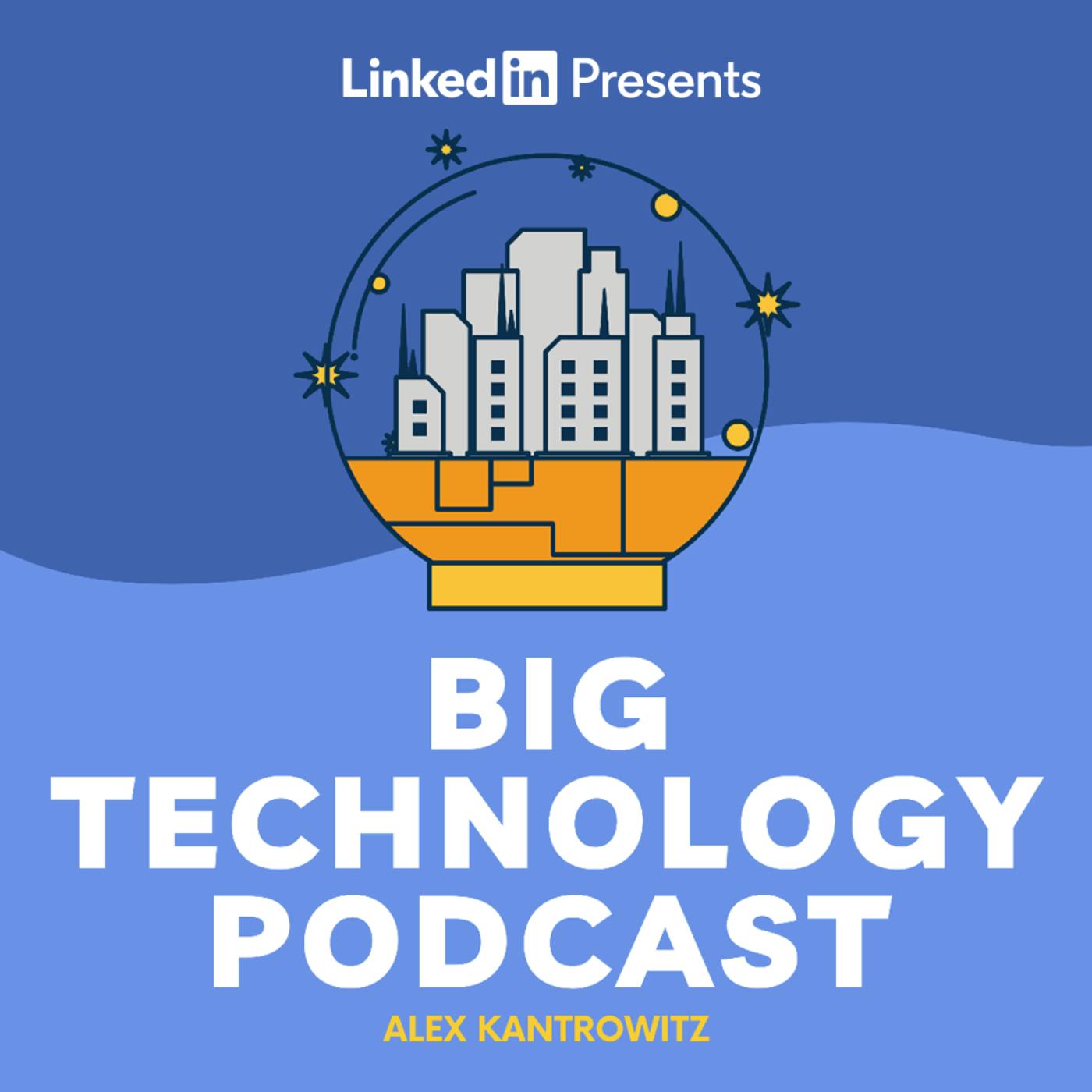
Amazon’s New AI Model, Bitcoin $100,000, TikTok 'Ban' Upheld

Big Technology Podcast
Deep Dive
What is Amazon's new AI model Nova and how does it compare to other models?
Amazon's new AI model, Nova, is a foundational model that reportedly beats state-of-the-art models on several factors. It is designed to be cost-effective, with input costs at 3.5 cents per million tokens and output costs at 14 cents per million tokens, significantly cheaper than competitors like Anthropic's Claude Haiku 3.5. Nova is also faster, leveraging Amazon's compute power to scale efficiently.
Why is OpenAI considering moving to AWS in 2025?
OpenAI may move to AWS in 2025 to access enterprise customers and scale its operations more effectively. AWS CEO Matt Garman has expressed openness to hosting OpenAI on AWS if customers demand it. This move could help OpenAI address its current limitations in enterprise functionality and customer success.
What is OpenAI's 12 days of Shipmas and what does it include?
OpenAI's 12 days of Shipmas is a period where they release a new product every day for 12 weekdays. This includes the Sora video generation model, a new reasoning model, and features like a Santa-inspired voice for ChatGPT. It is seen as a way to catch up on delayed product rollouts and engage superfans.
Why is Bitcoin's price surging, and what factors are influencing it?
Bitcoin's price surge to $100,000 is driven by a favorable regulatory environment, including the potential creation of a strategic Bitcoin reserve, the appointment of crypto advocates like David Sachs and Paul Atkins, and growing inflows into Bitcoin ETFs. Market speculation and reduced regulation are also contributing to its rapid rise.
What is the significance of the TikTok ban being upheld by the U.S. appeals court?
The U.S. appeals court upheld the TikTok ban, ruling that the government's action is aimed at protecting national security and limiting data collection by a foreign adversary, not infringing on free speech. The ban is set to take effect on January 19th, but TikTok may appeal further or find loopholes, such as Trump potentially declaring their Project Texas plan as sufficient divestiture.
Why is OpenAI exploring advertising as a revenue stream?
OpenAI is exploring advertising to diversify its revenue streams, particularly for search-based generative AI. Advertising is a high-margin business, and integrating ads into products like search GPT could provide significant revenue opportunities. However, OpenAI faces challenges in balancing advertising with user experience and data privacy concerns.
What are the key challenges for generative AI companies in advertising?
Generative AI companies face challenges in advertising due to the potential negative impact on user experience and concerns about data privacy. Silicon Valley companies often start with a no-ad philosophy, but many eventually adopt advertising due to its profitability. However, integrating ads into products like chatbots can diminish the user experience and raise ethical questions about data usage.
What led to Intel CEO Pat Gelsinger's ouster?
Intel CEO Pat Gelsinger was ousted due to poor financial performance, including a $16.6 billion loss in a single quarter, a 60% drop in stock value since he took over, and Nvidia's $150 trillion market cap gain during his tenure. Despite his ambitious plan to build foundries and manufacture chips, the company's inability to meet financial expectations led to his departure.
Shownotes Transcript
Ranjan Roy from Margins is back for our weekly discussion of the latest tech news. We cover 1) Amazon's new Nova AI model 2) How Nova is differentiated 3) OpenAI heading to AWS in 2025? 4) OpenAI's 12 days of Shipmas 5) OpenAI's $200/month ChatGPT PRO 6) Google's new Veo video generation model 7) Will OpenAI's Sora video generation model measure up? 8) Jeff Bezos talks at Dealbook 9) OpenAI considers an ad product 10) Generative AI companies suck at advertising 10) Bitcoin $100,000 11) Hawk Tuah in trouble with $HAWK Coin 12) The Tikok ban is upheld in court, but what does it really mean? 13) Should you TikTok your layoff?
Enjoying Big Technology Podcast? Please rate us five stars ⭐⭐⭐⭐⭐ in your podcast app of choice.
For weekly updates on the show, sign up for the pod newsletter on LinkedIn: https://www.linkedin.com/newsletters/6901970121829801984/)
Want a discount for Big Technology on Substack? Here’s 40% off for the first year: https://tinyurl.com/bigtechnology)
Questions? Feedback? Write to: [email protected]